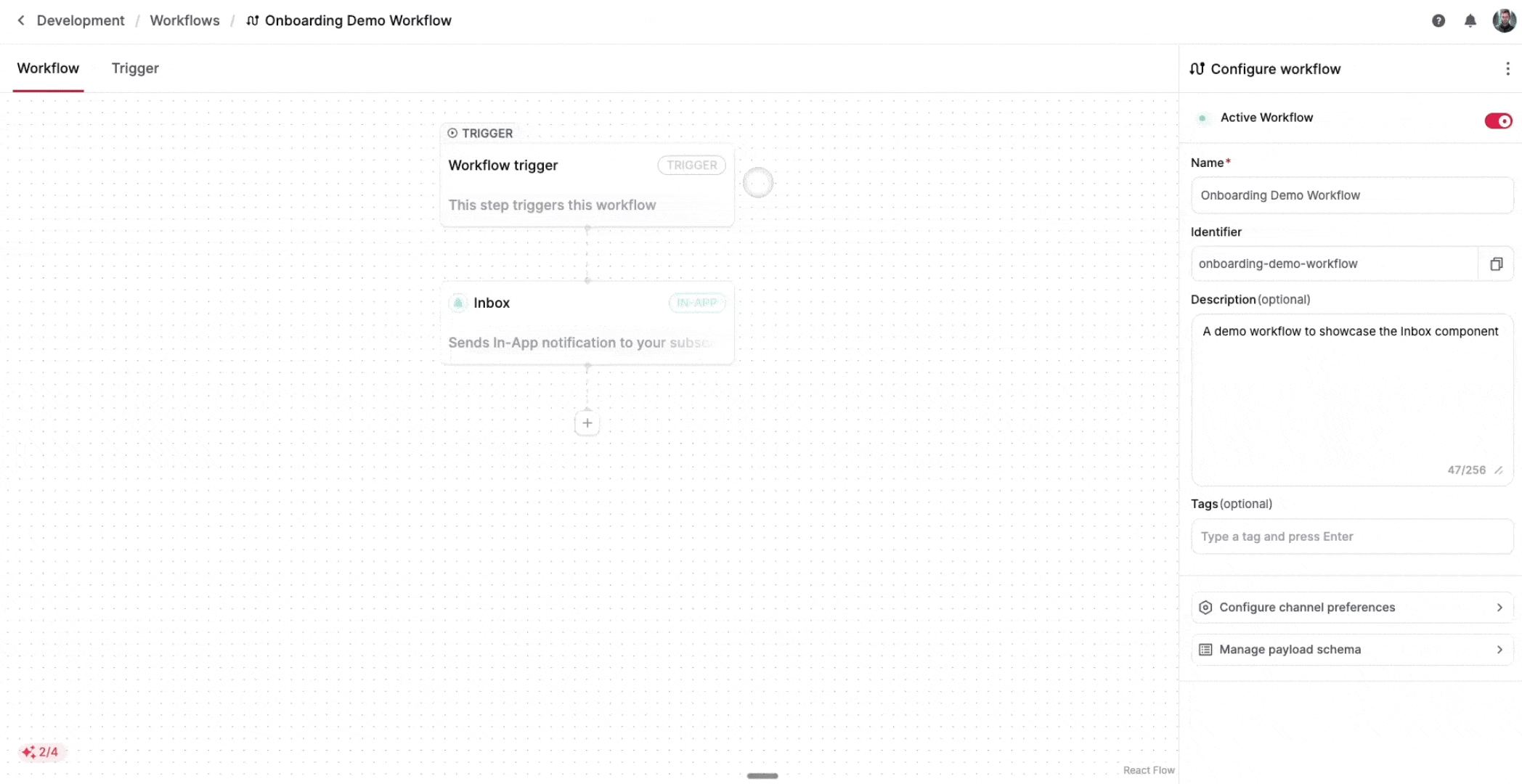Payload Schema: Structure Is Now the Default

- Contributors
- Details
Workflow variables are no longer a guessing game. With Payload Schema, you define exactly what data your workflow expects, bringing clarity, consistency, and strict validation to every step.
This makes building and debugging workflows significantly easier. Instead of relying on implicit variables or scattered context, your schema becomes the single source of truth.
For example, a product manager triggering notifications on payment events can define a user.email, payment amount, and payment date. These variables are then used across the workflow editor for reliable autocomplete, mock previews that resemble production, and runtime validation that blocks destructive payloads from slipping through.
From now on, workflows can—and should—be built with a schema.
Here’s how to get started:
- Define or import a payload schema when setting up a workflow
- Add new variables inline while building
- Use autocomplete with type-safe suggestions across steps
- Enable schema enforcement in settings for strict validation
- Export the schema to keep systems in sync
Enforcement of the payload schema is currently available for active workflows, but it's off by default to prevent disruptions to production workflows. When you next edit these workflows, the editor will ask you to add the variables to the payload schema.

This feature is available to all users. It’s the right way to build.